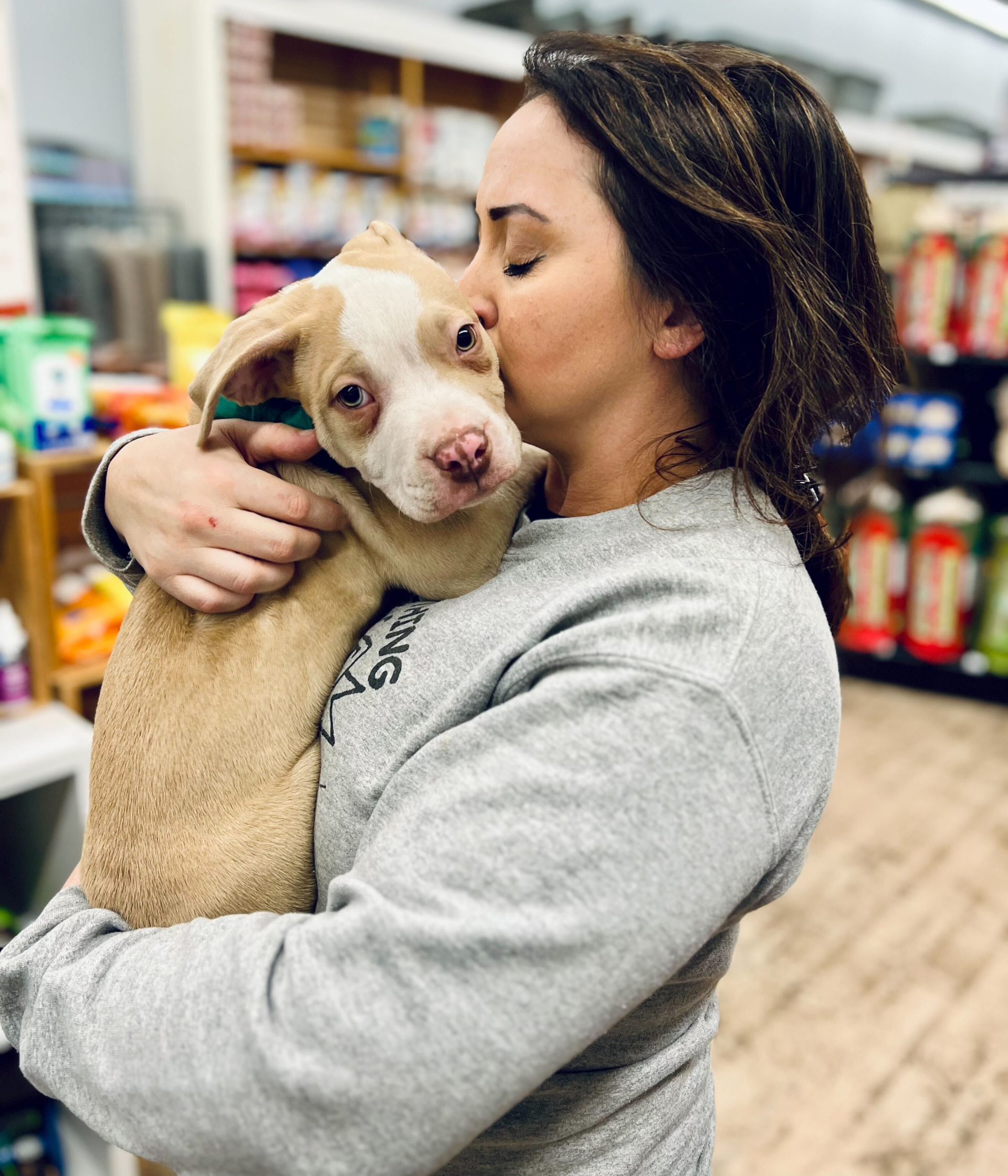6 Essential Steps for Welcoming a New Dog into Your Home
Welcoming a new dog into your home is an exciting time. However, it’s important to approach the process with care and consideration, especially when it comes to your dog’s education and well-being. Here are some key points to keep in mind as you embark on this remarkable journey with your new canine companion:
1. Crate Training: Your Dog’s Ultimate Sanctuary
Introducing crate training at a young age lays the foundation for a secure space where your dog can feel safe, relax, and decompress. Not only does a crate provide a sanctuary for your pet, but also helps keep them out of trouble when you’re not around. When selecting a crate, choose one that is appropriate for your adult dog’s size and consider using a divider to adjust the space as they grow. Alternatively, exercise pens can serve as a flexible alternative to crate training.
Expert Tip: Crate training, when approached with care and positivity, transforms the crate into a sanctuary for your dog, tapping into their natural denning instincts. Misunderstandings arise when the crate becomes a symbol of isolation, used solely during absences. Instead, integrating the crate as a regular part of your dog’s routine fosters a sense of security and peace, debunking the myth that it’s a form of punishment.
2. Playtime and Mental Stimulation
Regular playtime is essential for mental stimulation and social interaction. The adage “a tired dog is a good dog” rings true, as exercise helps expend energy and keep boredom at bay. Basic training exercises not only provide cognitive stimulation but also help curb destructive and anxiety-related behaviors, fostering a stronger bond between you and your pet.
3. Transitioning Slowly
Transitioning your new dog into their new environment should be done gradually to minimize stress and overwhelming their senses. Introduce your dog to new people, resident pets, routines, and their surroundings one step at a time. The 3-3-3 Rule provides an excellent step-by-step guide to help comfortably ease your pet into your home. Overloading them with too many changes at once can lead to anxiety and overstimulation. Patience and gradual adjustments are key.
4. New Diet Considerations
While it may be tempting to switch your dog’s food immediately, especially if they’ve come from a rescue or shelter, we’ve found it’s best to maintain their current diet for the first couple of weeks. Moving is already stressful and may lead to an upset stomach even if you don’t change the food. Wait until your pet has settled in before introducing any dietary changes or new treats.
5. Toy Selection and Stimulation
While toys are essential for keeping your dog entertained, it’s important not to inundate them with too many options. Provide a variety of toys, including teething options such as hard natural chews or soft rubber toys for puppies. However, closely monitor your puppy’s toy use, especially with teething puppies who may destroy or ingest them. Minimizing stimulation with toys can also minimize overstimulation as well as promote healthy play habits. Learn more about how to moderate toys here.
6. Establishing Essential Relationships
Start building connections with your vet, trainer, and groomer well before you find yourself in need. Given that many of these experts are often scheduled out for weeks or months, having these relationships in place early ensures immediate access to their services when required. Establishing a good rapport with these professionals guarantees that your dog will benefit from the highest quality of care and support throughout their lifetime. Check out our curated list of top local professionals for the best recommendations.
Conclusion
By taking a thoughtful and gradual approach to introducing your new dog to their environment, diet, and routines, you can set them up for success and foster a strong bond built on trust and understanding. Investing time and effort into their education and well-being from the start will create a happy and harmonious relationship between you and your four-legged friend for years to come.






